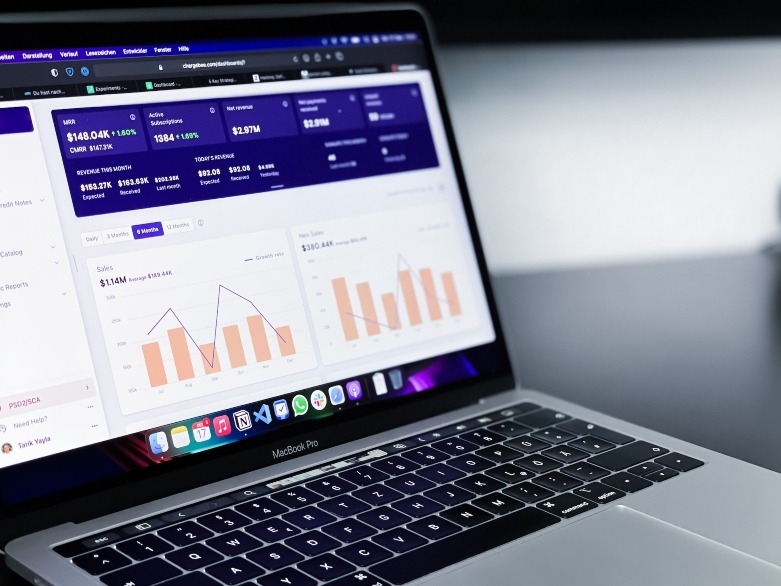In today’s era of digital disruption, businesses find themselves immersed in a vast ocean of analytics data. Every click, transaction, and customer interaction generates a wealth of valuable information, creating a data-rich environment.
Within this immense sea of data lies the potential to unlock unprecedented levels of business growth and profitability, fundamentally reshaping the commercial landscape. However, simply having access to this information is not enough.
The real secret lies in deciphering the hidden insights within the data, effectively leveraging it, and using it to drive corporate strategies and decision-making.
Personalize the customer experience
Using data to personalize the customer experience is a powerful approach to fuel business expansion. Data analytics can unveil valuable insights into your clients’ purchasing habits, preferences, actions, and more.
It’s like having a detailed roadmap of your customers’ experiences, guiding you on how to design encounters that not only meet but exceed their expectations. Data can also be utilized to segment your consumer base, enabling you to create customized marketing efforts that directly address the unique needs of each individual customer.

Optimize operational efficiency
Monitoring and evaluating performance data across your entire business, from sales and customer service to production and the supply chain, can provide invaluable insights. Real-time data, for instance, helps identify productivity bottlenecks in your production line that may hinder output.
By promptly addressing these issues, you can enhance output, reduce downtime, and improve operational efficiency. Similarly, supply chain analytics can efficiently manage inventory levels, mitigating the risks of overstocking or understocking.
Additionally, analyzing customer feedback data helps identify areas where your customer service needs strengthening, contributing to overall operational efficiency.
Leverage predictive analytics
Predictive analytics, which utilizes historical data, machine learning, and statistical algorithms, empowers businesses to forecast future events. By adopting this forward-thinking approach, companies can stay one step ahead of the curve.
For example, a small business can use predictive analytics on historical sales data to project future sales patterns, enabling adjustments in manufacturing or marketing strategies. Likewise, predictive analytics can anticipate changes in consumer behavior or market dynamics, providing early adjustment opportunities.
This proactive strategy grants your company a competitive edge by minimizing risks and maximizing growth prospects.

Engage consultants
Engaging a consultant can be a game-changer for organizations lacking internal expertise. These experts possess vast knowledge and experience in the field, guiding businesses through the complex realm of big data.
They can assist with various aspects, including data administration, collection, interpretation, and analysis. An experienced business intelligence consultant can help develop efficient data collection methods, ensuring the quality and relevance of the collected data. Moreover, they can guide your business in using appropriate analytical techniques and tools to derive meaningful insights from large, complex data sets.
Their expertise in interpreting findings translates intricate analytical conclusions into practical business insights, enabling your organization to transform data into valuable growth catalysts.
Foster a data-driven culture
Creating a data-driven culture across your company can significantly fuel growth. Irrespective of their roles, all employees should receive training on how to comprehend and apply data in their day-to-day work.
Encouraging everyone, from senior management to entry-level personnel, to base decisions on data promotes transparency. A data-driven culture eradicates reliance on preconceived notions or gut instincts by emphasizing evidence-based decision-making.
This approach aids in eliminating waste, reducing errors, and fostering creativity. With data analytics experts on board, you can identify trends, seize opportunities, and take actions that drive expansion.
Final comments
Mastering the art of data and analytics opens doors to countless opportunities for business growth. It transcends mere data crunching and delves into the realms of strategic decision-making and long-term planning.
The ability to harness this wealth of data is no longer merely an asset—it is now a necessity in a business environment that is increasingly interconnected and data-centric. In fact, businesses that can effectively navigate this sea of data will shape the future commercial landscape.
By utilizing the power of data to build a wave of success that propels them and their stakeholders toward a promising future, they will become trendsetters, game-changers, and growth drivers.





